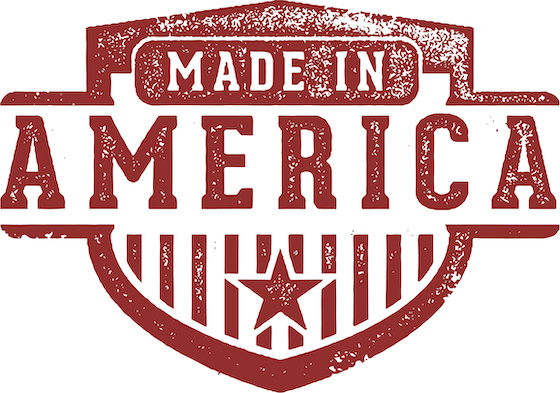
We’ve been seeing reports that reshoring was on the rise for years, but the progress was actually sluggish. The gap between companies that said they would bring production back to the U.S. soon and the companies that actually did it ended up being disappointing. We seemed to start every year with a bold announcement that reshoring was really happening this time, and to end every year saying…well, not quite.
A year ago, we got to see the unintended consequences of our global supply chain first hand. Two thirds of our most prescribed medications were made in China, and we couldn’t keep up with demand. PPE was in dangerously short supply. Over and over, manufacturers lost suppliers and couldn’t replace them quickly enough to maintain their supply chains. Logistics got more complicated, too.
The result? Reshoring really did take off in 2020.
Rethinking the supply chain
The Reshoring Initiative has been a stalwart about reshoring, showing encouraging numbers for a decade. But for 2020, the say 109,000 new jobs were created by companies bringing their manufacturing back to the states.
Even when companies bring production back, they don’t always bring jobs. Automation has been replacing unskilled and semi-skilled workers. A factory that used to employ 150 workers on the line might now have an automated line with 8 skilled operators and an engineer.
In 2020, even as automation increased, jobs also increased as U.S. facilities reopened.
Asked why they brought their production home, manufacturers cited a preference for a shorter supply chain, government incentives, and concerns about quality.
Speed of response
As consumers clamored for toilet paper and baking supplies, brands found that manufacturers couldn’t respond quickly enough to changes in demand.
When restaurants closed down, suppliers of milk and eggs were unable to switch quickly enough to packaging for homes. The restaurant packaging was no longer what they needed, but home packaging wasn’t available fast enough, and some farmers ended up destroying milk and eggs because they couldn’t get it into the hands of the people who needed it.
A spike in demand for yeast led to shortages that lasted for months as manufacturers tried to adjust.
Keeping the supply chain closer to home allows a higher degree of agility in the face of changing demand.
Reshoring may be beneficial in the long run, leading to more jobs and more innovation. It could e the silver lining in the COVID-19 cloud.
In there meantime, call on us when you need service or support for your Rexroth industrial motion control systems. We’re specialists and can provide factory repair and reman to get your outfit back up and running fast.
